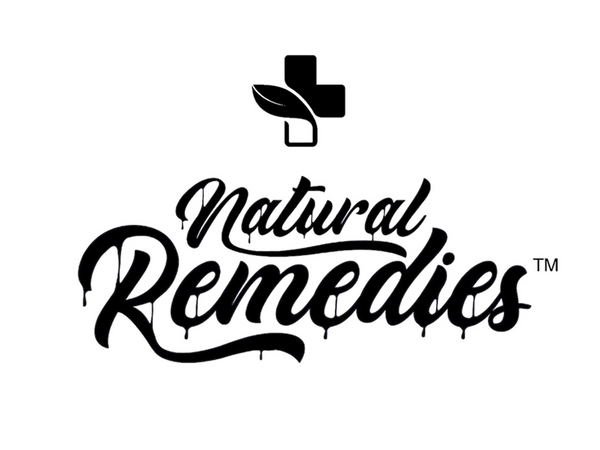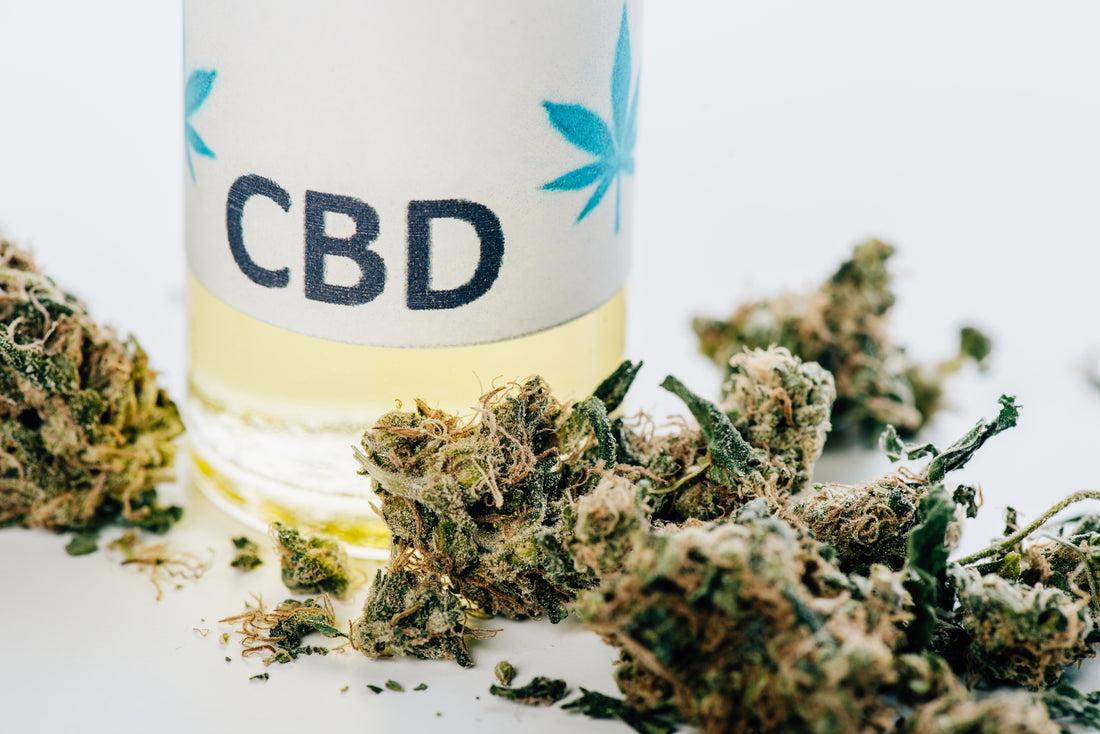- Understanding the Legal Framework
Federal Regulations
The 2018 Farm Bill legalized the production and sale of hemp-derived CBD products with less than 0.3% THC. However, CBD remains subject to FDA regulations, especially regarding its inclusion in food, beverages, and dietary supplements.
State Regulations
CBD laws vary significantly from state to state. Some states have embraced the federal guidelines, while others have imposed stricter regulations. It's crucial to understand and comply with both federal and state laws to operate legally.
- Sourcing High-Quality Hemp
To ensure the legality and quality of your CBD products, source hemp from reputable farms that follow stringent agricultural practices. Look for farms that use organic farming methods and have their hemp tested for potency and contaminants.
- Obtaining Necessary Licenses and Permits
State Licensing
Many states require specific licenses to cultivate, manufacture, and sell CBD products. These licenses often involve background checks, financial disclosures, and compliance with local zoning laws.
Local Permits
In addition to state licensing, you may need local permits to operate your retail business. This can include business licenses, health permits, and other local authorizations.
- Ensuring Product Quality and Safety
Third-Party Testing
Independent lab testing is essential to verify the potency and purity of your CBD products. Look for labs that provide detailed Certificates of Analysis (COAs) showing the levels of cannabinoids, terpenes, and any potential contaminants.
Transparent Labeling
Label your products accurately, including information about CBD content, ingredients, and usage instructions. Transparency builds trust with consumers and ensures compliance with labeling regulations.
Building Consumer Trust
Educational Marketing
Educate your customers about CBD, its benefits, and how to use it safely. Providing accurate, science-based information helps build credibility and trust.
Customer Service
Offer excellent customer service, including clear return policies, responsive communication, and knowledgeable staff who can answer questions and provide guidance.
Educating potential customers is crucial when becoming a CBD retailer, especially regarding the distinction between CBD and marijuana. It's important to clarify that CBD, or cannabidiol, is derived from the cannabis plant but does not produce the psychoactive "high" associated with marijuana. Despite their similarities, CBD and marijuana are not the same, and their retail operations require different licenses. A marijuana retail license pertains to products with higher THC content, the compound responsible for the high, while a CBD hemp retail license covers products with minimal THC, focusing instead on the therapeutic benefits without the psychoactive effects. Ensuring customers understand these differences not only helps in compliance with legal regulations but also builds trust and transparency, paving the way for a successful CBD retail business.
- Staying Updated with Regulations
The CBD industry is constantly evolving, with new regulations and guidelines emerging regularly. Stay informed about changes in laws and industry standards to ensure ongoing compliance.
Becoming a fully legal and trustworthy CBD retailer involves understanding and complying with a myriad of federal, state, and local regulations. By sourcing high-quality hemp, ensuring rigorous product testing, and maintaining transparent business practices, you can build a reputable CBD business that consumers trust.
Here at Natural Remedies we take pride in our stores and our CBD offering. If you ever have any questions or need help selecting the optimal CBD product contact us here.

